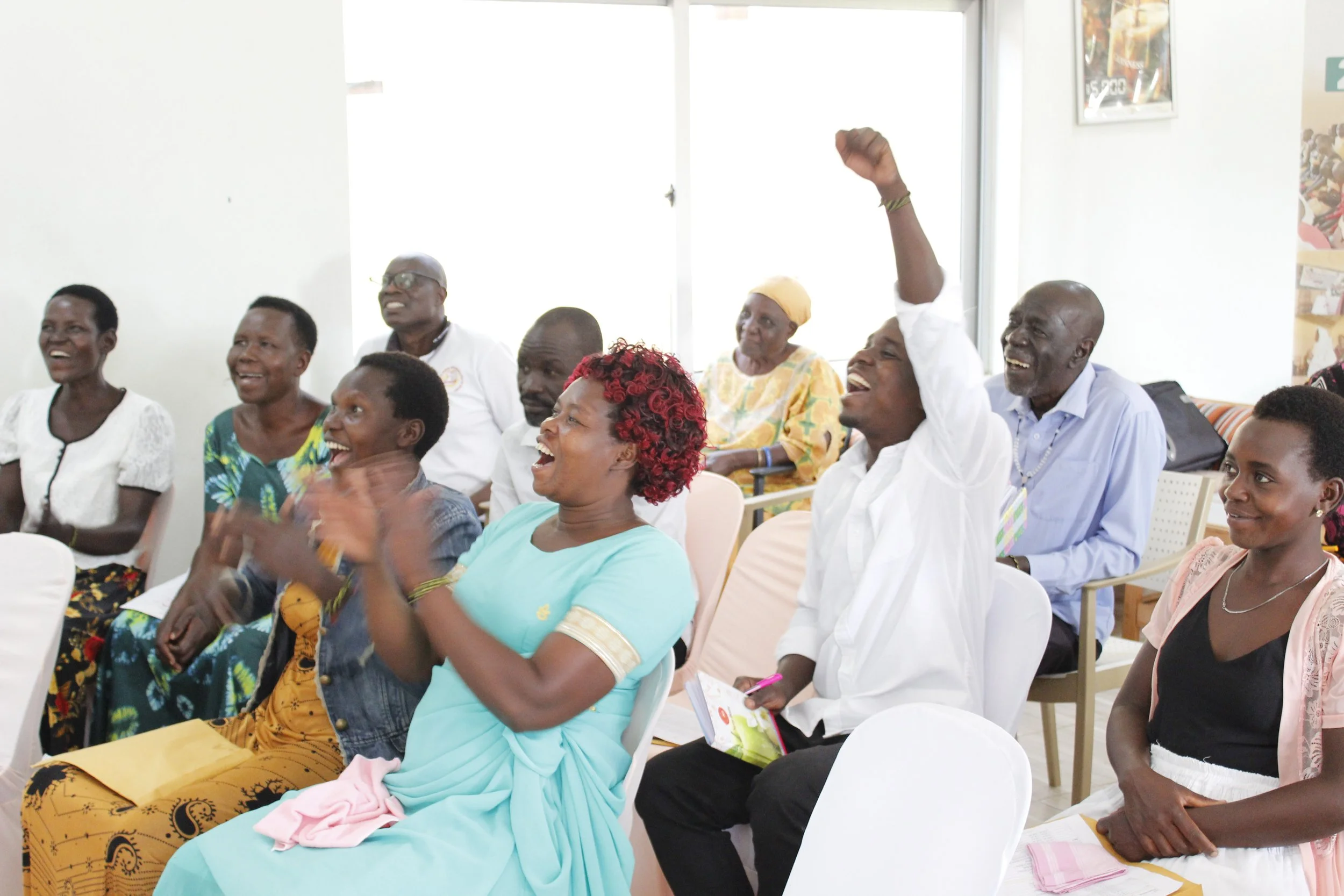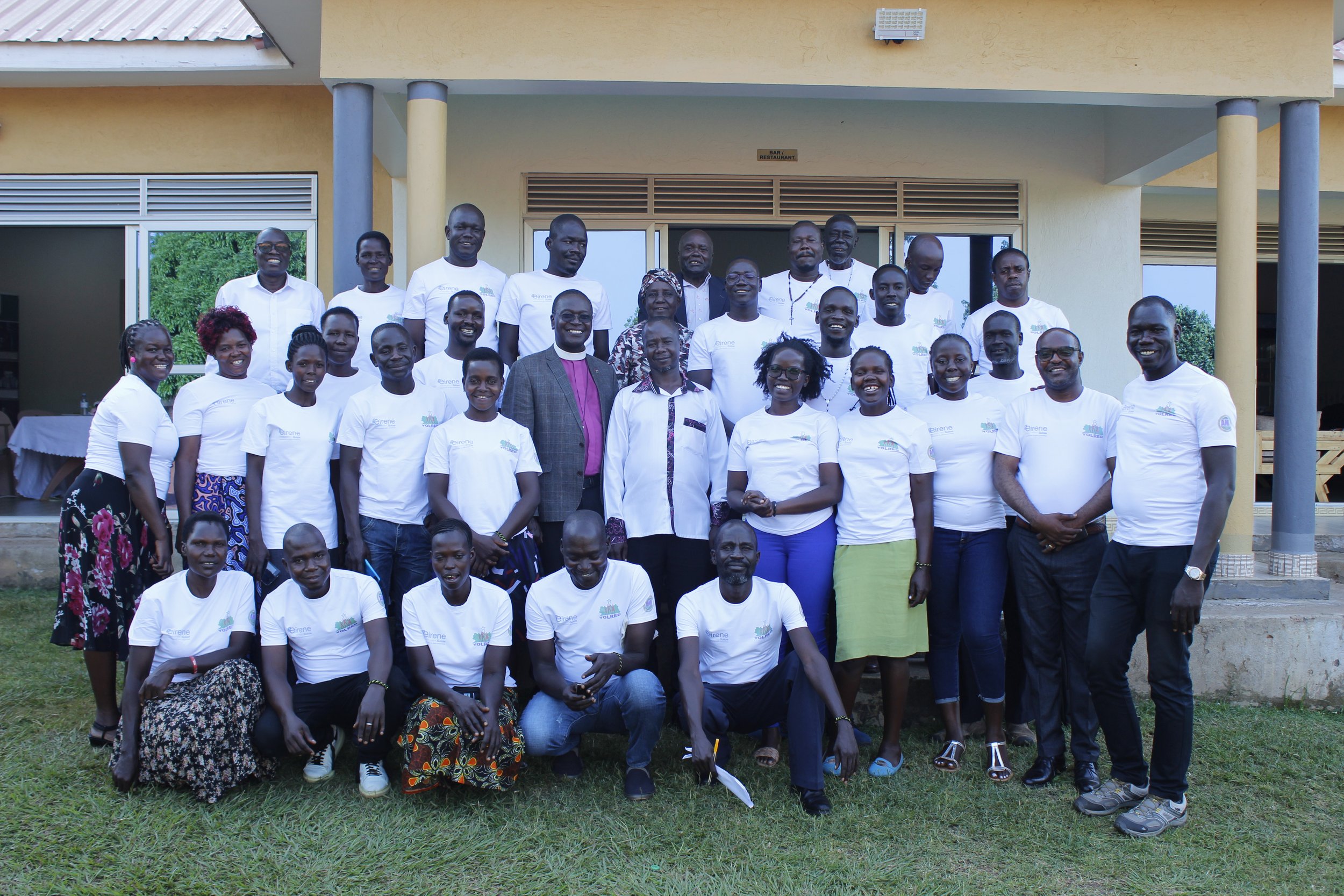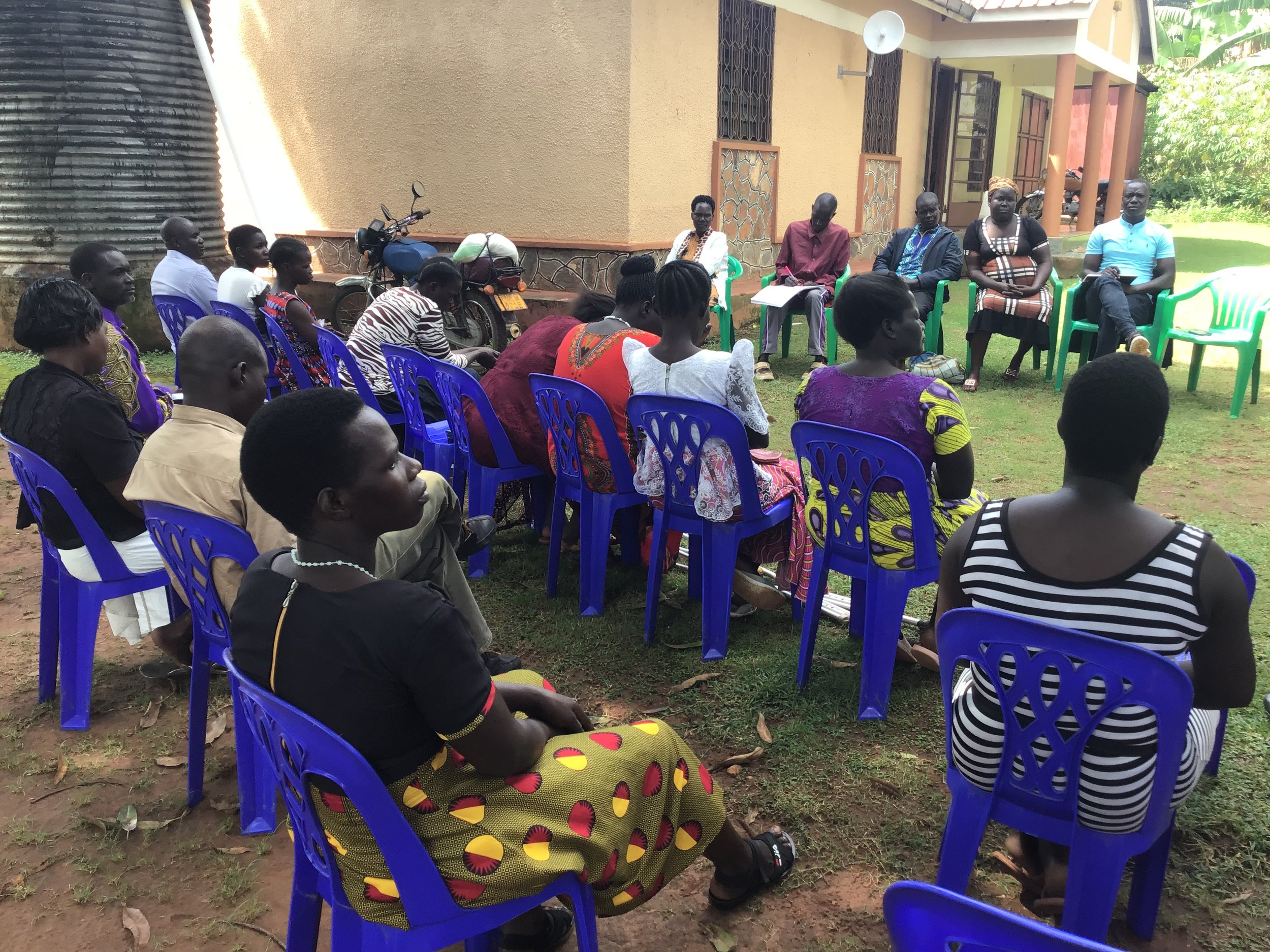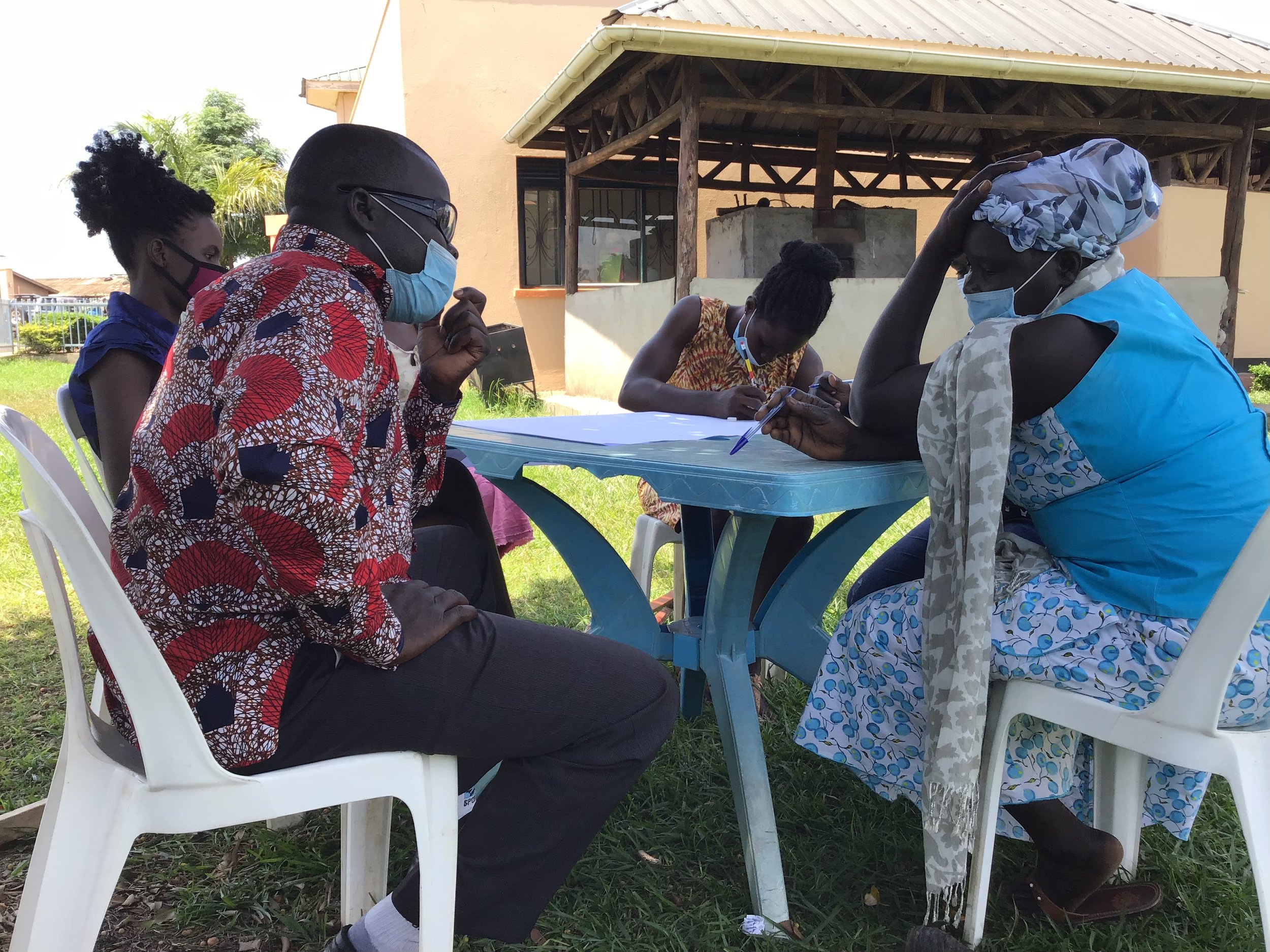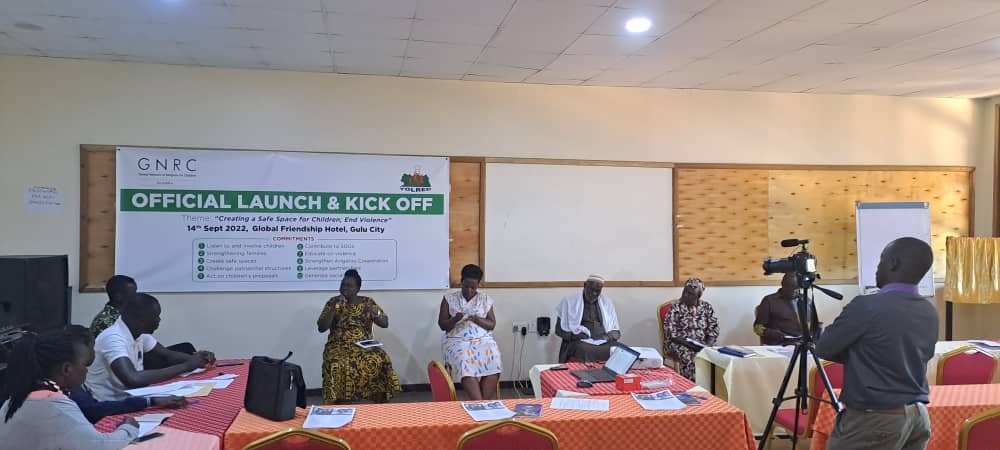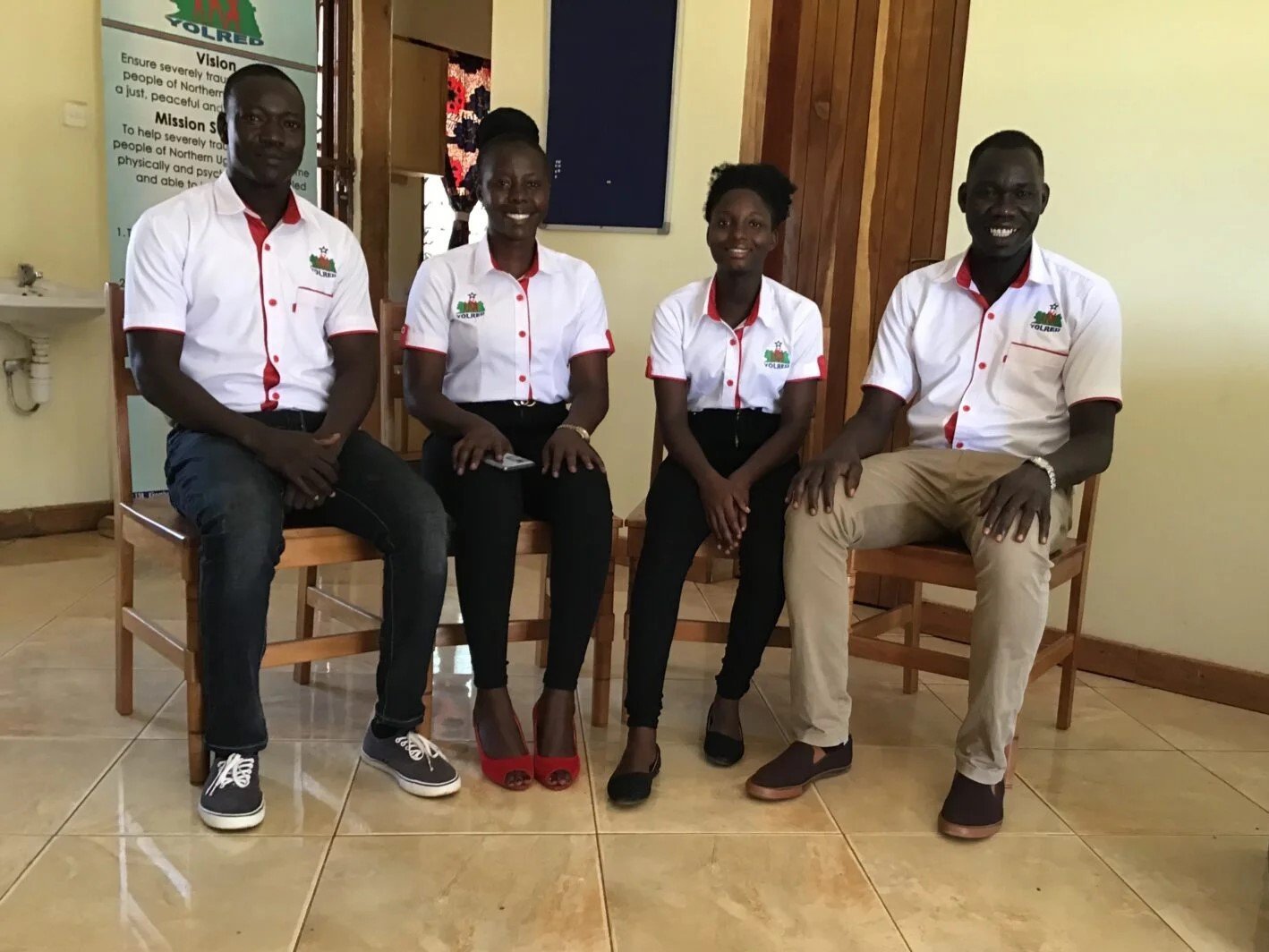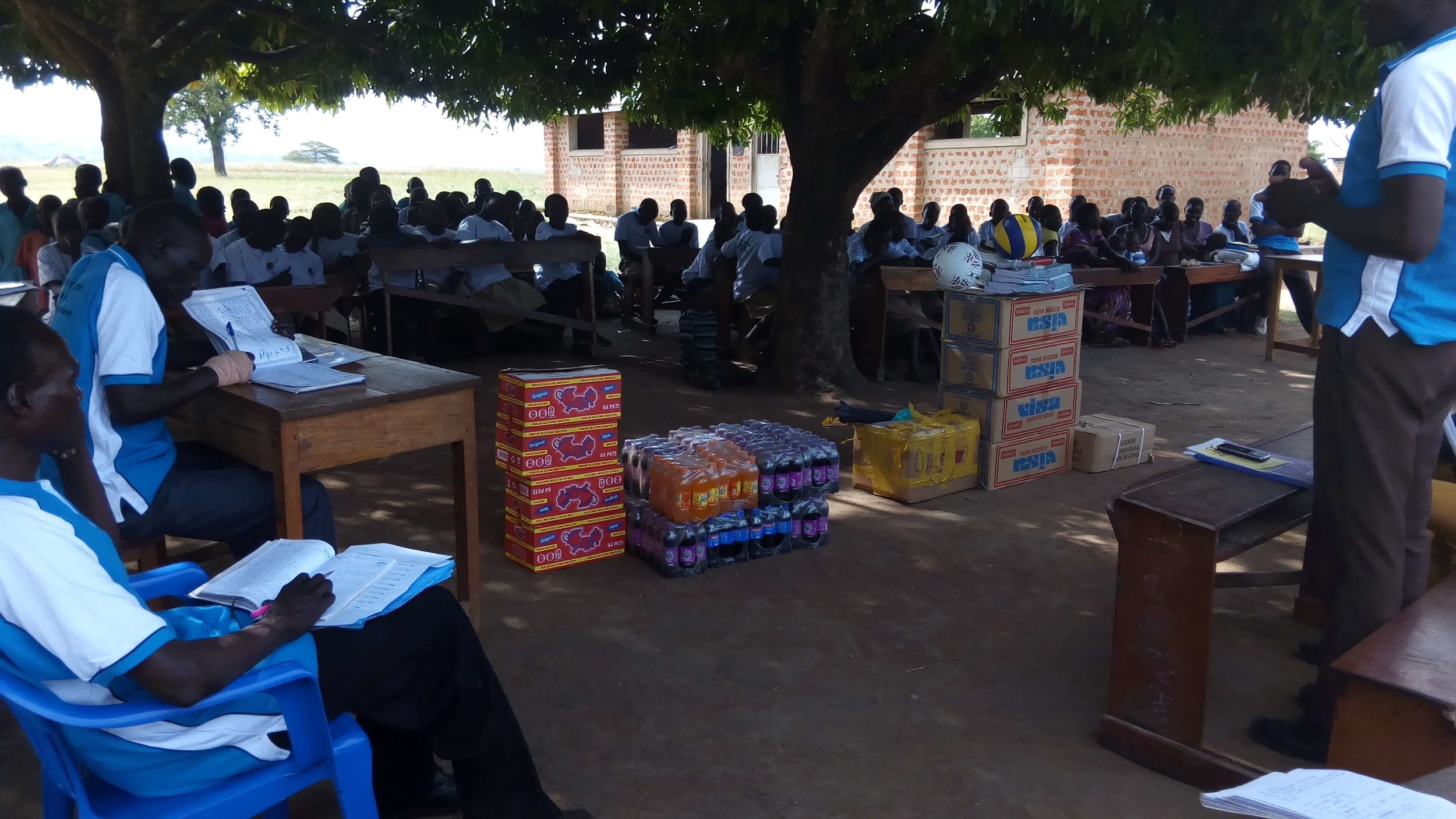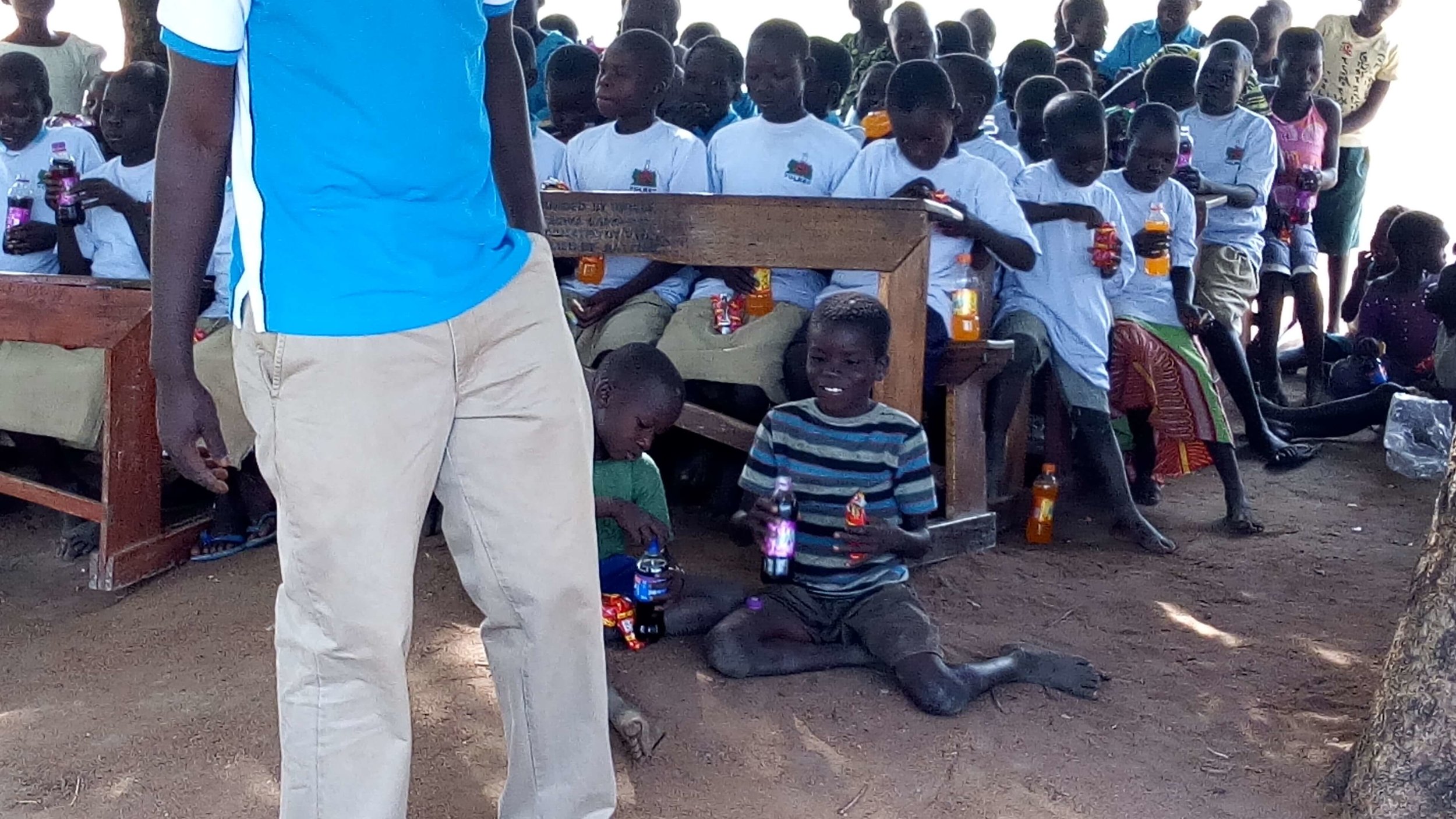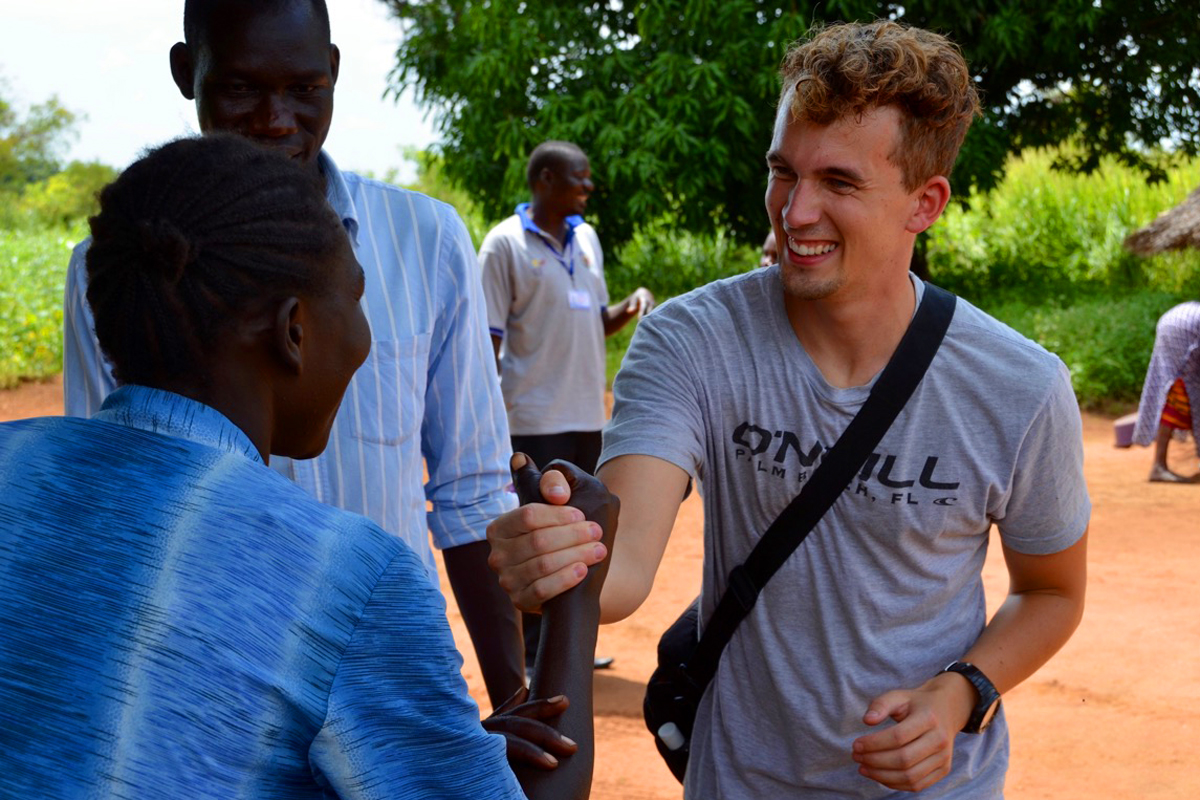A journey towards reconciliation
As part of our “Roco Gen ki Timo Kica” project, we hosted a 5-day training on forgiveness and reconciliation this November at Hotel Judith, in Gulu City. The training drew inspiration from a workshop designed by the “Fundación para la Reconciliación” in Colombia and guided participants through eleven transformative modules, encouraging them to explore pathways to reconciliation with offenders. In his opening speech, the Gulu Resident City Commissioner Ambrose Onoria emphasized the critical need to reconcilitation, sharing his personal experiences and observations of the deep societal wounds that remain. He acknowledged the survivors as success stories, highlighting their resilience and courage in navigating the challenges of rebuilding their lives.
To ensure diverse perspectives and meaningful discussions, we invited participants from various backgrounds, including political and religious leaders, community members, former abductees, members of educational institutions, and two representatives from our Rwandan partner, “Association Modeste et Innocent” (AMI). AMI’s expertise in reconciliation processes enriched the workshop, inspiring participants to promote forgiveness and peaceful coexistence in Northern Uganda.
From identifying the wounds to writing down a pact of reconciliation
Facilitators Omony Geoffrey and Okello Denis Kilama led the group through a combination of plenary sessions, creative activities, and intimate discussions in small groups called “groupiños”, consisting of three participants each and allowing them to share more intimate and personal experiences in a confidential setting.
The process began with identifying what are the impacts of offenses on participants’ sense of security, sociability and the significance of their lives.
The exploration revealed how deeply offences affect life and underscored the necessity of forgiveness for peace and healing. Participants were encouraged to take time to understand the offender’s perspective and imagine the circumstances that might have led to the offence. This reframing created a foundation for healing, allowing participants to process their emotions and experiences more openly.
In the final phase, participants reflected on three types of reconciliation: coexistence, harmonious coexistence and communion. By learning about principles and moral frameworks, they crafted personalized pacts of reconciliation to guide their continued healing journey.
Impact and Feedback
The workshop concluded with traditional dances, a cake-cutting ceremony and a feedback session. Participants shared positive impressions, with many expressing eagerness to implement the learnings in their communities. They also suggested extending the program and dividing it into two phases to allow more time for personalised counselling to individual needs. His Lordship Rev. Godfrey Loum closed the workshop with a profound reflection on the origins of conflicts, relating it to biblical stories that illustrate conflict and the necessity of forgiveness. He emphasized that forgiveness is essential as holding onto grievances ties individuals to the pain of the past. He further acknowledged the significant role cultural institutions play in resolving conflict, urging for collaboration between these institutions and other reconciliation efforts. His words offered participants both spiritual and practical guidance, leaving them inspired to foster peace in their communities.
We are deeply grateful to Eirene Suisse and the Fédération Genevoise de Coopération for funding this much-anticipated project.
Group picture with His Lordship Rev. Loum
Next steps
Our next priority is to adapt the workshop manual to better align with the local context and address the specific needs identified by participants and our team. This initiative marks a significant step toward fostering forgiveness and reconciliation in Northern Uganda, and we are inspired by the collective will to build strong, more peaceful communities.
